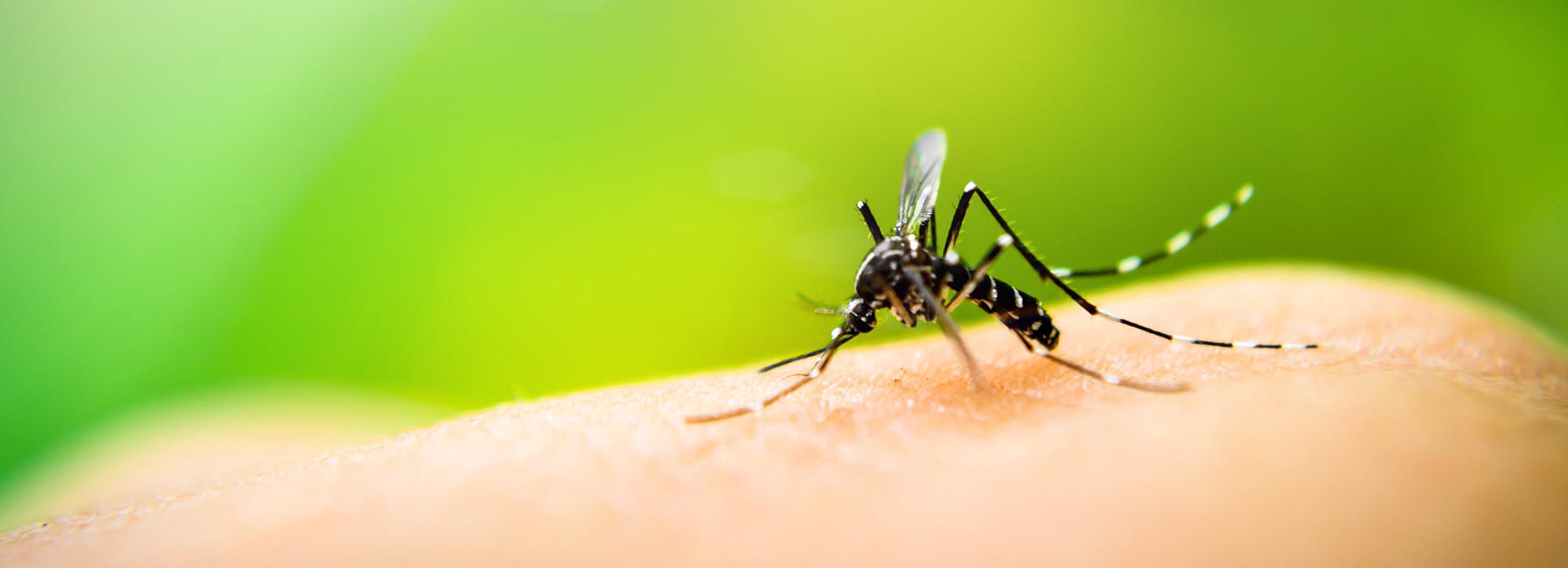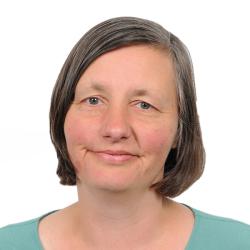
Dengue fever: space-based early warning system spreads from Vietnam
Earth Observation-based early warning system rolls out from Vietnam to six more South-East Asian countries.
We are rolling out our early warning system for dengue fever from Vietnam to six other South East Asian countries following an extension to our grant by the UK Space Agency. Cambodia, Laos, Malaysia, Thailand, The Philippines and Sri Lanka will now benefit from the work - which uses Earth Observation (EO) technology and hydrological models - to improve prediction of this debilitating disease.
The ground-breaking Dengue forecasting Model Satellite-based System (D-MOSS) combines EO from satellite data with weather forecasts and a hydrological model to predict dengue epidemics up to six months in advance. Prior warning of the timing and magnitude of peak dengue incidence is advantageous, greatly aiding the management of scarce resources to strengthen surveillance and control of the mosquitoes which spread the disease.
Over the next two years, D-MOSS will be expanded to cover the six new countries using publicly available data. Predictions will also be made at a lower level where supporting data from partners is obtainable. To this end, HR Wallingford has collaborated with the International Medical University and the Ministry of Health in Malaysia and is looking to forge links with similar organisations in the other five countries. In addition the project team will be looking into the impacts of climate change on dengue at a regional level.
The prevalence of dengue fever poses a global health issue, with half the world’s population now estimated to be at risk from this mosquito-borne viral infection (WHO Dengue Factsheet, April 2017). Found in tropical and sub-tropical climates worldwide, mostly in urban and semi-urban areas, the infection causes a flu-like illness which can develop into a potentially lethal complication known as severe dengue.
Dr Gina Tsarouchi, D-MOSS project manager, said: “We hope the grant uplift from the Space Agency will help increase the project’s potential to save lives by providing more decision makers and international agencies with dengue projections. D-MOSS has just gone live in Vietnam and the first forecasts have been produced, so we are keen to see this translate into disease prevention on the ground. The EO-based tool could be used worldwide for predicting outbreaks of dengue, as well as for zika, which is transmitted by the same type of mosquito.”
HR Wallingford leads the research consortium and works alongside international organisations. It is sponsored by the UK Space Agency’s International Partnership Programme (IPP), a five-year, £152 million programme designed to partner UK space expertise with overseas governments and organizations to deliver sustainable, economic or societal benefits.

Want to know more?

